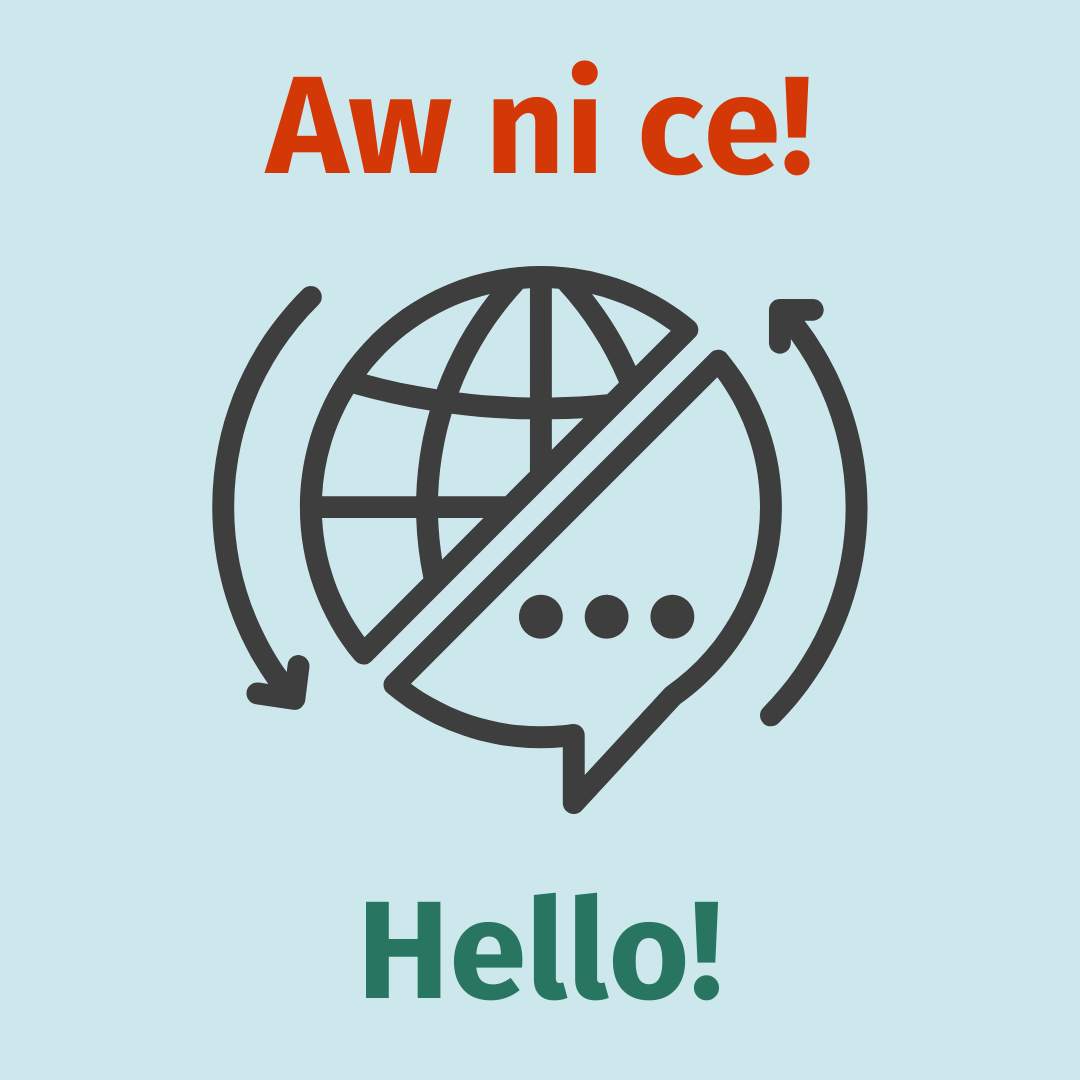Áw ní sú! This morning while listening to RFI's Mandenkan broadcast I came across an interesting little clip related to Gambia's shocking election outcome. The clip is a voice-over translation of what I think is an interview with the president-elect. Here is the clip synced with a transcript and translation in the Closed Captioning options. To listen: make sure you click on 1) the CC button and 2) little settings gear to turn on the Japanese (yes, Japanese! This is a YouTube hack) for the Manding transcript OR English for the translation. It all starts around :06 :
Here's the transcript in text-form (hoping this looks halfway decent for you all):
| ||||||||||
| | ||||||||||
| ||||||||||
| | ||||||||||
| ||||||||||
| | ||||||||||
| ||||||||||
| | ||||||||||
| ||||||||||
| | ||||||||||
| ||||||||||
| |
Random Remarks
(k'à) kùnnafóni 'to inform'
Interesting usage of kùnnafóni as a verb. Most people are used to it as a noun for 'news/information' but here it is used through unmarked derivation ("conversion") as a verb most likely to translate "inform".
ǔ hákilila' bɛ́ dáyɛ̀lɛ 'their minds get opened'
If you listen to the end of the clip, you can hear the original in English -- it appears this is a translation of "the people getting enlightened". The expression used in Manding however taken most literally means 'their thoughts get opened'
Revolution
Again this comes from the English language clip that you can hear at the beginning. This is interestingly translated as án yé yɛ̀lɛmá' dòn kó' lá which literally is something like 'we put change into the affair'. By 'put' I am referring to dòn dasda which is most typically glossed as 'enter' but here used transitively in a way that make it an akward rendering for English. This verbal lability in which dòn can go from intransitive to transitive with no marking is quite common in Manding, though it is also possible to add the causative prefix lá- in some causes (kà dòn 'enter' --> k'à ládòn '[make] enter') .
Dí
The use of this post-position dí (in the very first equative construction) is interesting since most of the recording sounds more Bamanan-like (note for instance the use of the "Segu" form màáw 'people' instead of mɔ̀gɔ́w). In the case of Bamanan we'd expect yé here: (e.g. Nìn yé fàsodénw ká sébaaya yé)
[[Jɛlɛya]]?
Can anyone catch what that word is in discussing how justice will be more properly rendered and served now? I'm not quite sure and none of my dictionaries are helping...










